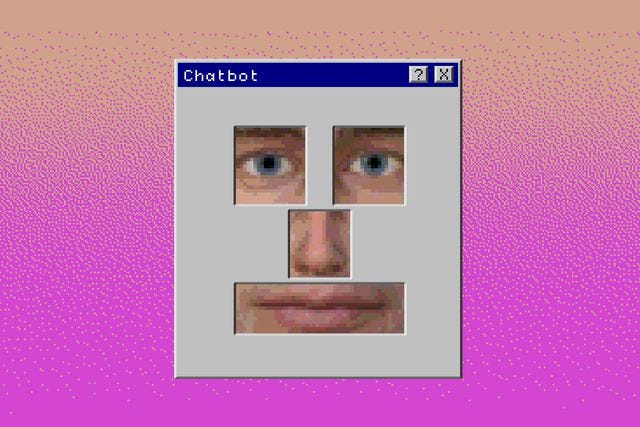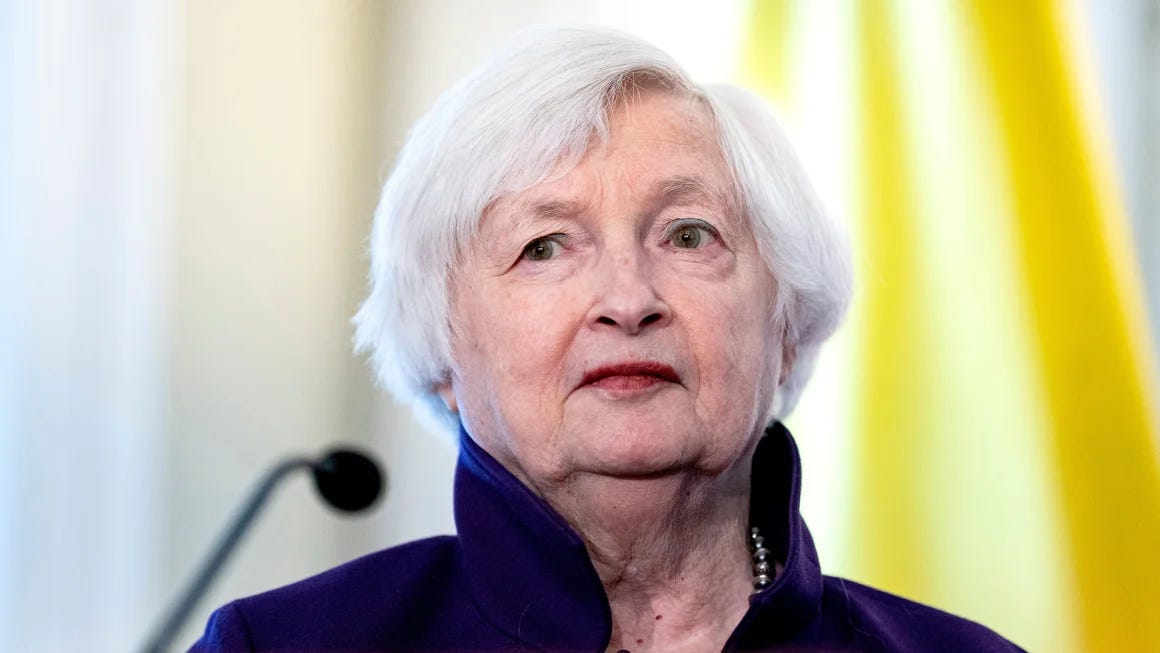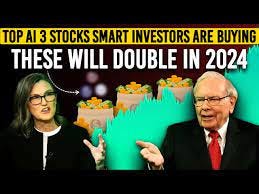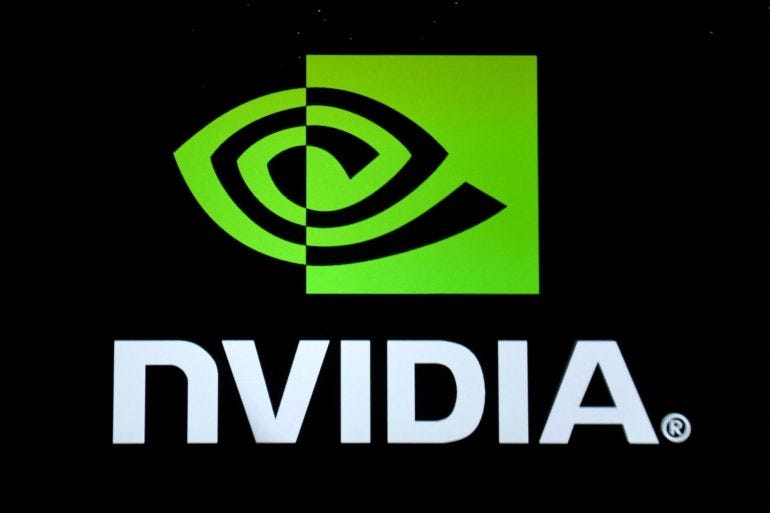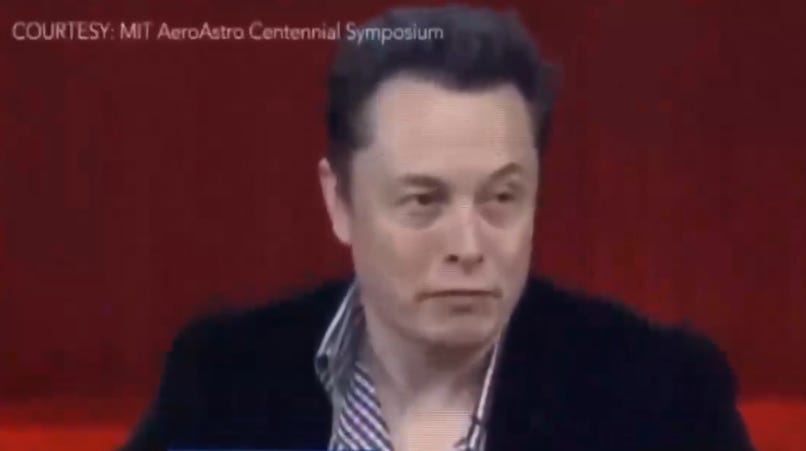AI Revolution: Yellen Warns of Financial Risks, Billionaires Bet Big, Nvidia Sees Healthcare Transformation
Generative AI sparks huge opportunities and challenges across finance, tech and healthcare
Asana Unveils 'AI Teammate' to Assign Tasks and Streamline Workflows
Asana, the popular work management platform, has introduced a new 'AI teammate' feature that can analyze team dynamics and assign tasks to the most suitable individuals. Instead of just showing who has been assigned what, the AI can now make those assignments itself based on employees' skills, past projects, and working relationships.
The AI teammate can also proactively reach out to gather missing information required to complete a task or request. According to Asana's CEO Dustin Moskovitz, this capability stems from their "Work Graph" data mapping the connections between work, information, and people.
One marketing organization testing the feature reports the AI is tailoring content, translating assets, and standardizing workflows. Asana has also launched a chat interface allowing users to query the AI teammate about current projects.
This AI-powered task assignment joins similar "AI assistant for work" offerings like Google's AI Teammate for Google Workspace. As generative AI continues advancing, such tools could significantly boost workplace productivity and collaboration.
AI in Finance Poses "Significant Risks", Warns Treasury Secretary Yellen
Treasury Secretary Janet Yellen is sounding the alarm about the potential dangers of artificial intelligence (AI) being deployed in the financial sector. In a speech Thursday at a conference on financial stability, Yellen delivered her most extensive remarks yet on the topic.
While acknowledging AI's "tremendous opportunities" to make financial services cheaper and more accessible through advances like natural language processing and generative AI models, Yellen warned that the technology also introduces "significant risks" that regulators are closely monitoring.
Key risks cited by Yellen include the "complexity and opacity" of many AI models that operate as inscrutable "black boxes", potentially inadequate risk management around AI systems, and interconnected exposures if multiple firms rely on the same flawed models or data sources. She raised concerns about AI perpetuating biases in areas like lending decisions and noted that a disruption at one of the few firms providing AI models could ripple across the financial system.
The Treasury Secretary emphasized that US financial regulators plan to use techniques like scenario analysis to better understand AI's evolving vulnerabilities and enhance safeguards. Her speech comes after a team led by Yellen formally designated AI as an "emerging vulnerability" for the financial system last December.
As rapid AI advancements capture the world's attention, Yellen's frank comments underline the complexity of balancing the technology's benefits with its potential to destabilize markets and hurt consumers if improperly implemented. Her remarks signal rising regulatory scrutiny over AI deployments by banks, asset managers and other financial firms.
Billionaires Double Down on AI Stocks Nvidia, Alphabet, and Microsoft
Billionaire investors are going all-in on artificial intelligence, scooping up shares of chip maker Nvidia, Google parent Alphabet, and Microsoft according to a recent analysis of top hedge fund holdings. A combined 70% of the 16 billionaire-run funds analyzed own Alphabet, making it the most widely held AI play among this elite group.
Not far behind is Microsoft, with the software giant's AI investments like OpenAI's ChatGPT winning over 10 of the funds. But the largest concentration is in Nvidia, with its pioneering AI chips finding their way into two-thirds of the portfolios.
The billionaire stampede highlights Wall Street's unbridled enthusiasm for the AI revolution promised by advances in areas like large language models, generative AI, and machine learning. Analysts see further upside for Nvidia in particular as demand for its chips far outstrips supply.
With the AI boom still in its early innings, the smart money is signaling these three tech titans will be some of the biggest winners as the transformative technology goes mainstream. For retail investors, it may pay to follow the billionaires' lead.
AI Driving "Healthcare Revolution", Says Nvidia
A top Nvidia executive says artificial intelligence, especially generative AI, is already sparking a "healthcare revolution" that will transform every aspect of the medical field. Speaking at Nvidia's AI Summit, healthcare VP Kimberly Powell said AI will likely impact healthcare more profoundly than any other sector.
Powell highlighted how generative AI can vastly accelerate drug discovery by modeling how new compounds may interact with the body, potentially reducing the 90% failure rate in clinical trials. She says AI's ability to process huge datasets will allow "intelligently searching" the nearly infinite universe of possible drug candidates.
AI is also being applied to imaging, robotic surgery, and post-operative care according to Powell. Like self-driving cars processing sensor data to make decisions, AI can turn raw medical scans and real-time operating room information into actionable insights for doctors and surgeons.
With healthcare costs soaring and a shortage of professionals looming, Nvidia believes generative AI's powerful capabilities can drive much-needed efficiency gains throughout the healthcare system. The $3 trillion chip giant is positioning itself as a major player in this burgeoning AI healthcare market.




